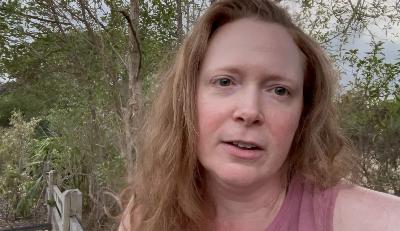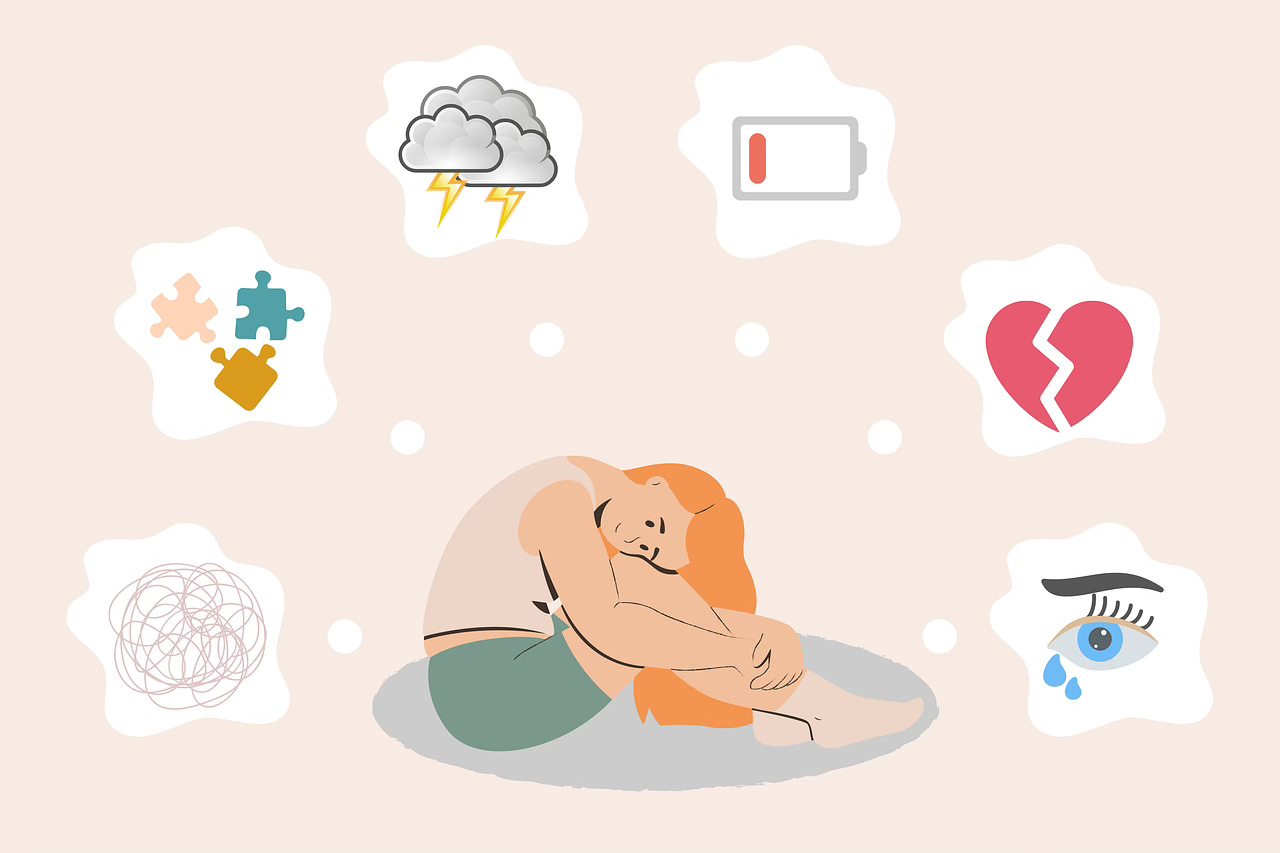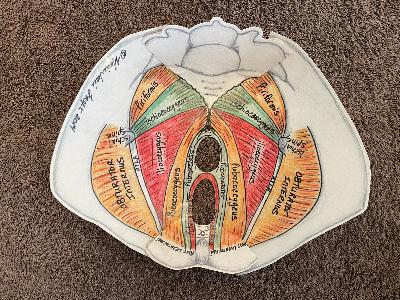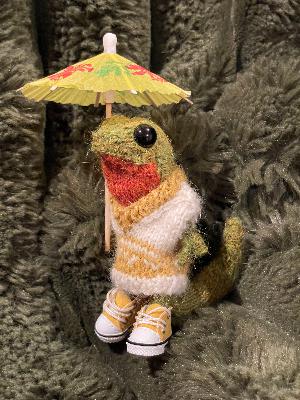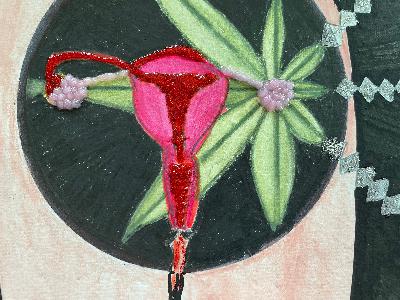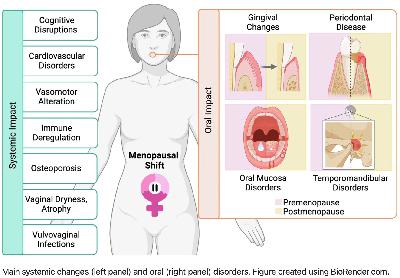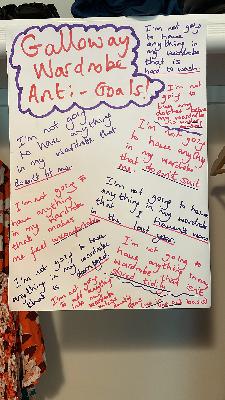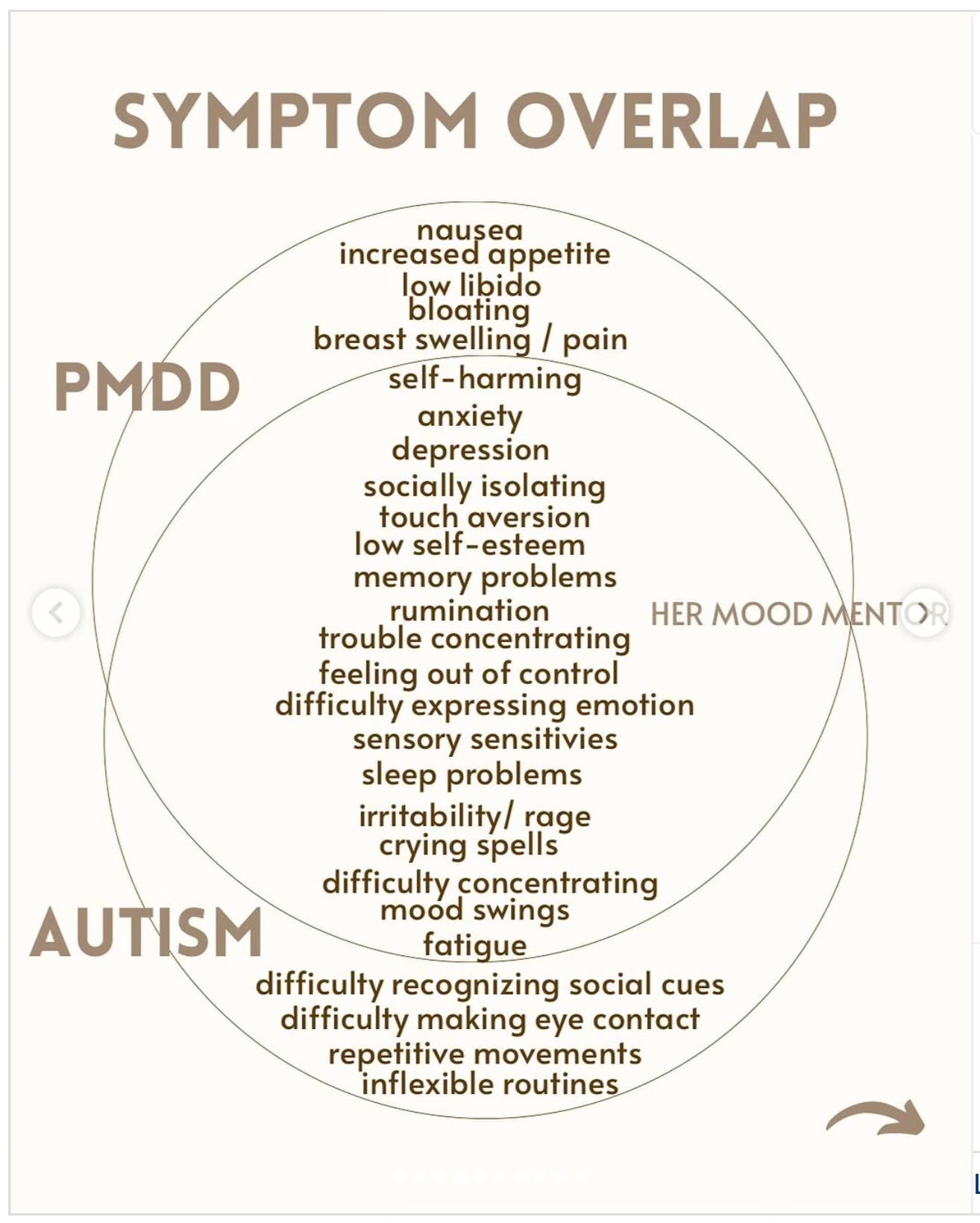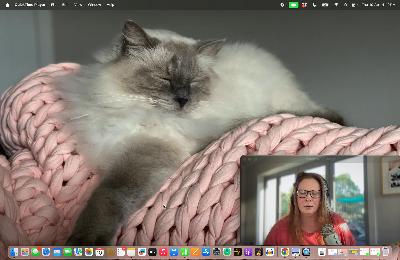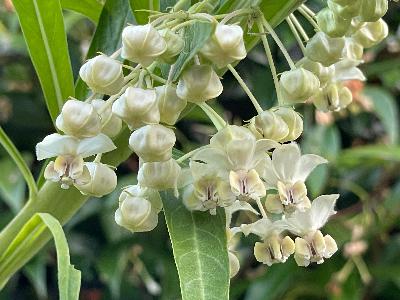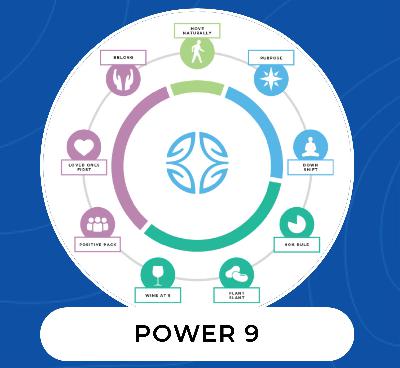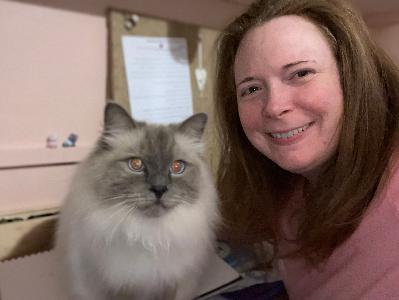From Struggle to Support: Tips for Thriving During Neurodivergent Menopause
Description
Hi, I’m Sam!
Late Diagnosed Neurodivergent, Tenacious Midlife Struggler, and Autistic Perimenopausal Advocate.
Welcome if you’re new to The Autistic Perimenopause: A Temporary Regression! Thanks for being here if you are already a regular reader.
My mission is to support you during your neurodivergent menopause transition by providing:
* Information
* Validation
* Regulation
You are not alone 💕
I’m so glad you are here. If you feel seen and heard by my writing, please consider upgrading to a paid subscription. Paid subscribers support continuous publishing of lived experiences of autistic perimenopause here at The Autistic Perimenopause: A Temporary Regression 💕
TL;DR
3 top tips for starting to identify our support needs:
* Take up space and make your voice heard.
* Accept and lean into fluctuating capacity.
* Identify triggers/people/environments/tasks that you actively avoid.
Poll results show that 72% of respondents don’t yet know what their needs are, 85% lack a safe support community/network, and 97% are not getting enough support in autistic perimenopause and beyond.
No wonder we are so vulnerable to deteriorating mental health in midlife.
Is it because we have masked our entire lives, hiding our needs even from ourselves?
Those of us socialised as female have been discouraged from showing and meeting our needs, and instead being of service to others at all times.
Is it any wonder we show our confusion and rage when demand made on our energy outweighs our capacity?
💕
Poll results are in, and it is worse than I had expected.
But let’s not lose hope!
We will work it all out together over time.
Huge thanks to the 39 respondents so far to the recent poll (one of them was me so I am now patting myself on the back!). Due to my distinct lack of tech skills and foresight, the poll is open forever, so feel free to vote any time!
You can find the poll in this post. Scroll to the poll! 👇
Poll Results
Here are the results (as of 12/3/2025):
What do the numbers show us?
This may be the least scientific data analyis ever, so strap yourself in. I am super grateful and shocked to have surpassed one thousand subscribers strong in the past week! Thank you to everyone who has given me your time, I know and appreciate how precious and finite it is. 💐 💝 😘
There were already 39 respondents when I recorded the video to discuss the findings and my reflections. Ethics, biases, moral grounding of my research etc.?
There will be no statistical analysis on these small numbers, but I think we can use them as representative of a small snapshot of engaged members of this community. If nothing else, the results suggest that those who were able to respond are definitely in need of support.
We will work through all of this and figure out what supports we need and how to get them. It can’t be a rushed job, and it is not my intention to resolve all the entrenched trauma and hyperindependence behaviours so many of us have developed in life as coping mechanisms. Let’s be clear, I am not qualified to do any of that work with you (sorry!). I wish I could do more, but I am committed to do what I can and share what I have learnt the hard way…
Let’s start with a complete mindset shift so that we can give ourselves the self-compassion required to do this work.
My belief is that we are all in need of more support than we are currently receiving as we transtion through autistic perimenopause and beyond. So, without further ado, and for those who can not tolerate the Windy Welly background noise in the video (I am sorry, I tried to reduce it post-edit but it refused to be silenced), here are my take aways from the results.
💕
What are the foundations to getting support in autistic perimenopause?
* Accept that nobody is supposed to be totally independent, and interdependence is in our DNA (fact check this spurious claim later, Sam).
* Grieve for our missed opportunities and the struggles we have survived thus far.
* Accept our neurodivergent self-identification/formal diagnosis.
* Voluntarily unmask at home to learn what is is to be authentically you.
* Identify your sensory preferences and requirements.
* Set up your home for regulation and emotional safety.
* Notice what chores or tasks you actively avoid. Accept that these may overwhelm you. Can they be delegated or dropped altogether? (Hair washing is a lifelong trigger of mine. When I experience functioning regressions, I get my hair professionally washed and dried at a salon. It is quick. and I don’t have to get my face/ears wet.)
* Release unnecessary demands, toxic people and avoid your triggers as much as possible.
* Barter/exchange favours from your safe people. (During periods of intense perimenopausal insomnia, a friend has taken my child to homeschool meets for me. In return, I deep cleaned her bathroom. Not because she expected anything in return, but I felt I owed her, and it was a useful and manageable task that elicited joyous hyperfocus on my part. Dopamine all ‘round!)
And self-compassion goes without saying here!
Fun fact: The Autistic Perimenopause: A Temporary Regression is fuelled by caffeine. If you would like to buy me a coffee, the button above will take you to my page. Thank you! ☕️
Radical self-acceptance is our goal. It isn’t easy, but try to remember one, some or all of the following recommendations…
* Autistic perimenopause is a life phase that exacerbates the asynchronous nature of our neurodivergence. We are in a state of constant flux, while our hormones go absolutely haywire. Your capacity is likely to reduce. Don’t be frightened, this is temporary. Accept the regressions. They will pass.
* Avoid overexplaining your struggle to the people in your life who will not accept your differences. If you feel unsafe around them, trust your gut. Shame on them for not believing you nor supporting you enough.
* Know that there are other people who are just like you. I am proud to be one of them! There are many things I can not do now that I used to be able to, or would highly mask to look like I could do them. Now I refuse to even try. Does that make me a failure? No. So if you can’t do things now that you previously could, please know that you are not a failure either.
* If other people are judging you for showing that you have needs, that is their problem. If they aren’t already supporting you, and have no intention of doing so, do you really want or need them in your life anymore?
* Perfectionism is impossible, and it isn’t fair to expect it from ourselves.
* Respect your need for recovery time and accept social hangovers after you have pushed through and done hard things.
* Plan time to regulate at home alone as much as you can/need to.
* Do you have a chronic illness, premenstrual dysphoric disorder (PMDD) or another co-occuring condition? Can you predict when you are going to regress/be dysregulated? Anticipate those phases and ensure you have blocked off enough rest time for yourself. Incorporate pacing into your schedule in advance, rather than retrospectively. If you already have access to supports, book them in for those times you know you will need them.
* Stop trying to do all the things you find the hardest in life. This workbook could help you:
I hope this helps, please let me know in the comments to what extent you are already embracing and accepting your own needs.
Has this post offered any insights?
What do you think would be beneficial in helping ourselves through this difficult phase of accepting that we always had support needs, that they went unmet, and that now we owe it to ourselves to redress the balance? 🥰
Get full access to The Autistic Perimenopause: A Temporary Regression at samgallowayaudhd.substack.com/subscribe

